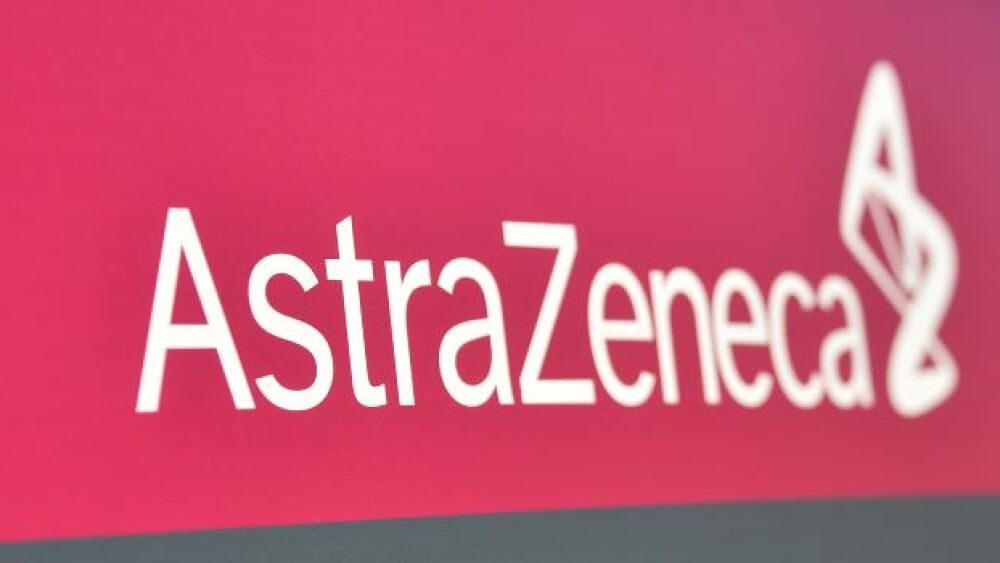On Friday morning, AstraZeneca’s rare disease group Alexion and Switzerland-based Neurimmune entered into a collaboration and licensing agreement for NI006.
Nathan Stirk/Getty Images
Weeks after AstraZeneca closed a deal with Ionis Pharmaceuticals for the investigational amyloid transthyretin cardiomyopathy (ATTR-CM) therapeutic eplontersen, the U.K. company is doubling down on the indication through a licensing agreement with Neurimmune AG for a monoclonal antibody that targets the disease.
On Friday morning, AstraZeneca’s rare disease group Alexion, which was acquired in 2020, and Switzerland-based Neurimmune entered into a collaboration and licensing agreement for NI006, an investigational human monoclonal antibody that specifically targets misfolded transthyretin. Neurimmune’s experimental candidate is currently in Phase Ib development for treatment of ATTR-CM, a deadly cardiac disease that leads to progressive heart failure and a high rate of fatality within four years of diagnosis.
AstraZeneca said there is a significant unmet medical need for patients with different kinds of amyloidosis that exhibit different levels of severity. The company said these differing levels can require multiple mechanisms of action to address those needs. Symptoms associated with ATTR are similar to those in other cardiac diseases, which has made identification difficult in some patient populations. That is primarily due to the genetic variations of the disease.
“NI006, an ATTR depleter, adds a novel and complementary approach to AstraZeneca and Alexion’s pipeline of investigational therapies focused on amyloidosis and strengthens our broader commitment to addressing cardiomyopathies that can lead to heart failure,” AstraZeneca said in its announcement.
Jan Grimm, chief scientific officer of Neurimmune, noted that ATTR-CM is characterized by deposits of misfolded and aggregated transthyretin in the heart. With the company’s Reverse Translational Medicine technology platform, Grimm said they were able to develop a monoclonal antibody that exclusively targets ATTR in order to remove the plaque deposits from the heart.
NI006 is currently being investigated in a Phase Ib study in ATTR-CM patients. The clinical trial is being conducted across four European countries. Neurimmune is responsible for completing this study and any further clinical development will be conducted by AstraZeneca.
Christoph Hock, chief medical officer of Neurimmune, pointed to Alexion’s experience in rare diseases and said the AstraZeneca division is “uniquely positioned” to advance NI006 through the clinic and to potential commercialization.
“We look forward to applying this expertise to the development of NI006, which is designed to clear cardiac amyloid fibril deposits with the potential to improve cardiac function for patients living with advanced ATTR-CM, who are currently underserved by existing treatment options,” Marc Dunoyer, chief executive officer of Alexion said in a statement.
Under terms of the agreement, AstraZeneca and Alexion will receive an exclusive worldwide license to develop, manufacture and commercialize NI006. In return, Neurimmune will receive a $30 million upfront payment and a potential $730 million in milestone payments. The Swiss company will also be eligible for royalties on any sales that result from the collaboration.
With the Ionis-licensed drug candidate eplontersen, AstraZeneca also plans to aim the therapeutic at amyloid transthyretin polyneuropathy (ATTR-PN). Eplontersen is designed to reduce the production of the TTR protein in order to treat both hereditary and non-hereditary forms of TTR amyloidosis.





